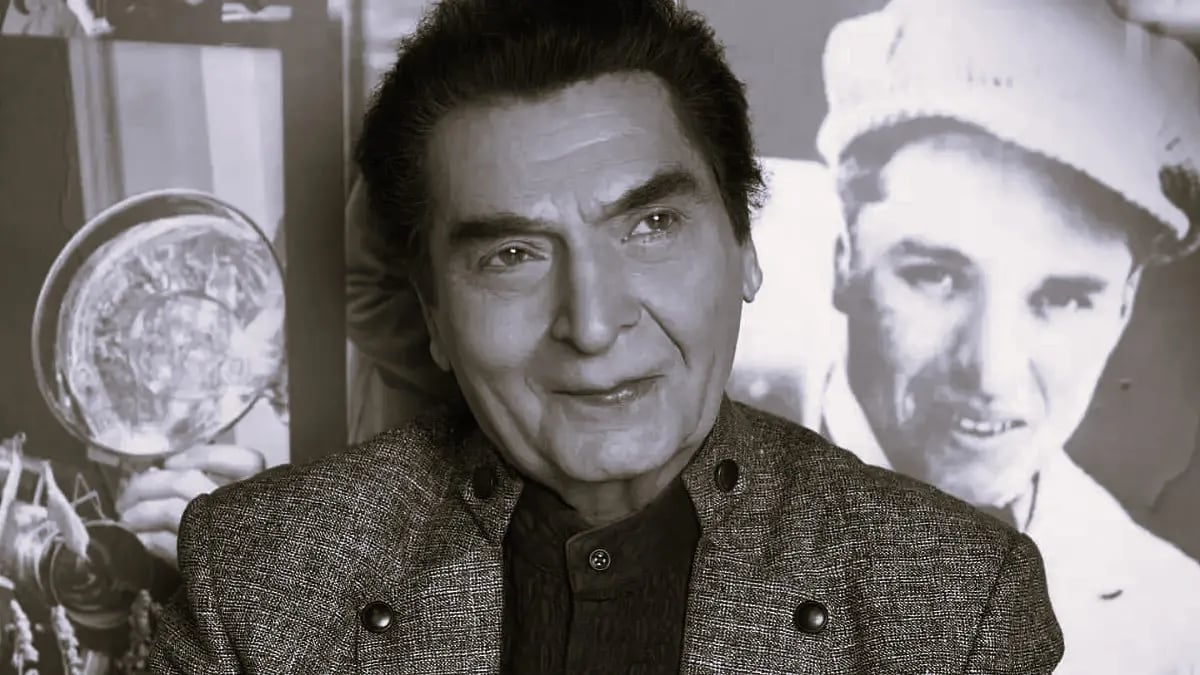AstraZeneca has initiated a global withdrawal of its COVID-19 vaccine following reports of rare side effects and the emergence of updated vaccines targeting new variants. The vaccine, developed by AstraZeneca and Oxford University, and produced as Covishield by the Serum Institute of India, is being withdrawn due to a surplus of newer vaccines available for COVID-19, according to The Telegraph.
The company has voluntarily withdrawn its marketing authorization in the European Union and ceased production of the vaccine, stating it can no longer be used. Similar withdrawals are planned for other countries where the vaccine has been administered.
AstraZeneca faces a £100 million lawsuit in the UK alleging the vaccine caused deaths and injuries. The company acknowledged in court documents in February that Covishield can, in very rare cases, cause Thrombosis with Thrombocytopenia Syndrome (TTS), a condition linked to blood clots and low blood platelet count, associated with at least 81 deaths in the UK. However, the company denies any connection between the withdrawal and the lawsuit.
Despite the withdrawal, AstraZeneca highlights the impact of its vaccine, noting over 6.5 million lives saved and three billion doses supplied globally in the first year alone. They emphasize their contributions to ending the pandemic and state that multiple variant vaccines have since been developed, leading to a surplus of updated vaccines.
Experts anticipate the withdrawal of monovalent vaccines targeting the original COVID-19 strain, to be replaced with updated vaccines capable of addressing a wider range of strains. AstraZeneca pledges to collaborate with regulators and partners to chart a clear path forward, marking the conclusion of this chapter in the fight against the pandemic.








 OpinionExpress.In
OpinionExpress.In















Comments (0)